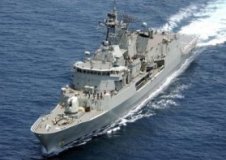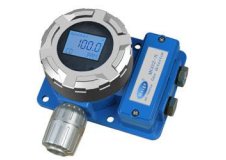Marine Gas Detection
Vessels required having at least one gas detector on board to monitor concentration of explosive gases and oxygen. Larger vessels also require having a detection system for Hydrogen Sulphide (H2S). In case refrigerants are used on the vessel, refrigerant monitoring would also be considered. This may apply to merchant ships, fishing boats, frigates, drill rigs, shipyards, etc.
Health Risks
Most large vessels are subject to relatively poor internal ventilation. In addition, they retain their sewage and oily liquids on board which results in a significantly increased risk of dangerous gas accumulation if badly ventilated. Besides protecting personnel, gas detection also protect the equipment onboard the vessels. A cracked or ruptured bulkhead leaking flammable gases into ballast tanks could represents an explosive hazard that can have catastrophic results.
Marine applications are often harsh and equipment used must be suitable for those conditions. Portable gas detectors should have a maximum resistance against moisture and corrosion. Fixed has detectors are often stainless steel, especially within the sewage treatment compartment. Also, equipment is subject to vibration and should be resistant against poisoning.



